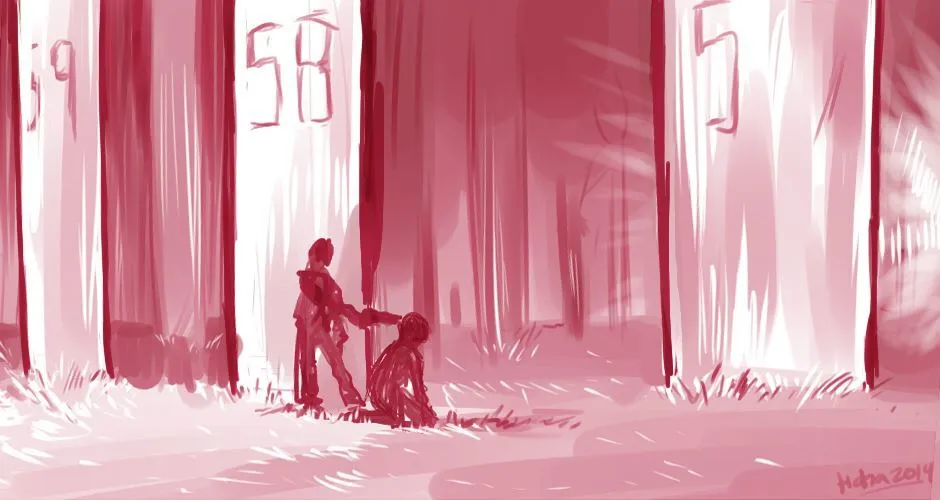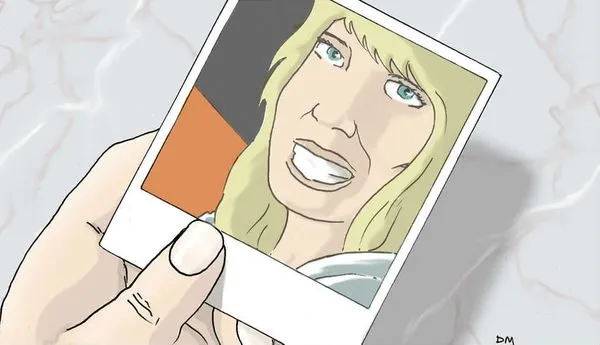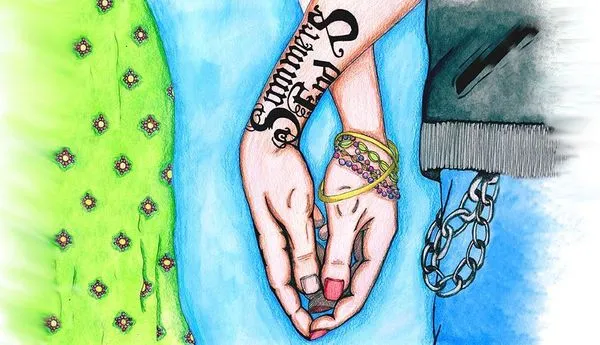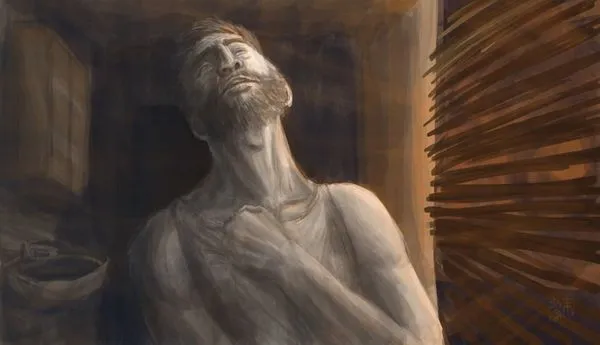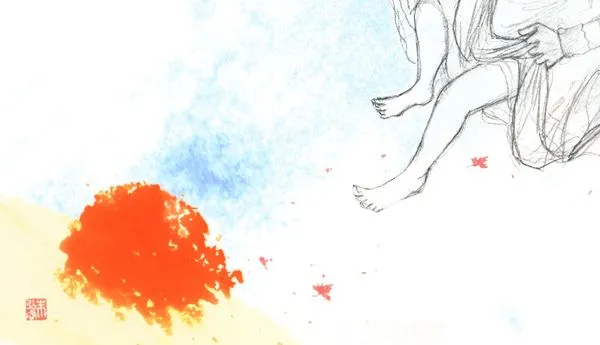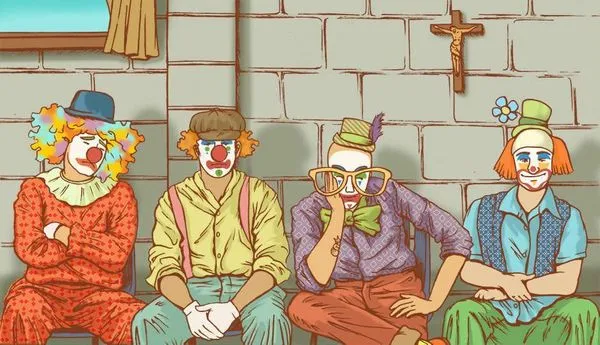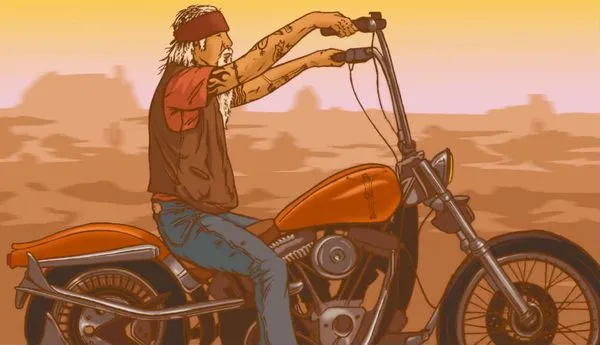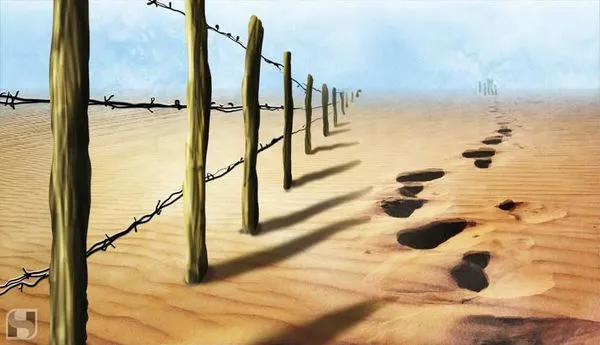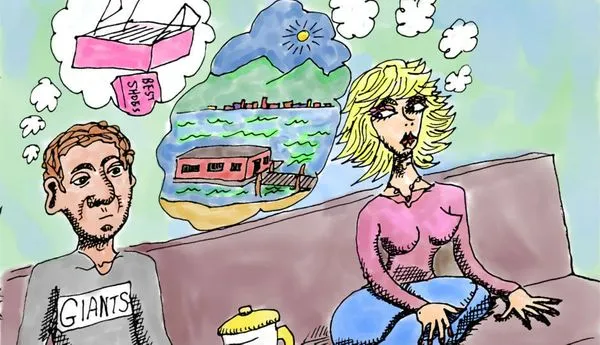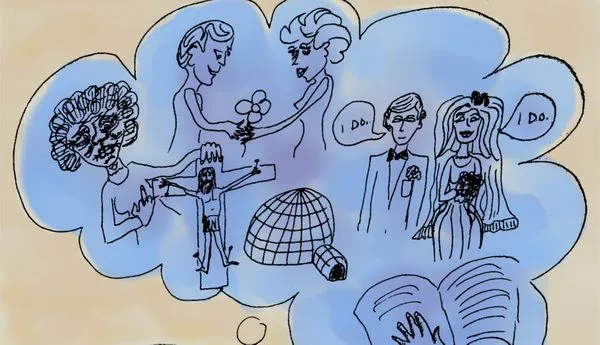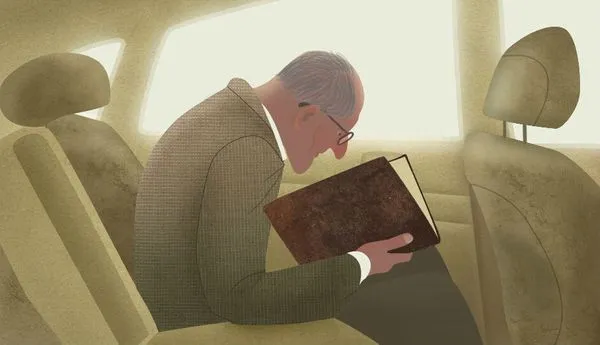Checkmate on an Empty Board
Helen Rossiter | Delilah Buckle
Published on 2014-02-07
Mira is dead, and Jackson and I both know who killed her. I am racing back to the old homestead where as boys we’d been inseparable, and where as men we loved the same woman and grew to hate each other. It is two years at least since I was here, but it is the place I want to be now, where memories of Mira and of Jackson are the strongest.
The old house is beyond the wind farm, and I realize as I approach that this forest of steel and concrete is the perfect place to hide. I had hoped to get here before dawn, but already long fingers of pink cloud are drifting over the eastern horizon and the turbines cast faint shadows across the pale grass. I roll down the car window and lean my head into the cool breeze, and I smell the sea that’s fifty miles away. And then on a wisp of air, I catch that old familiar smell, of aftershave too liberally applied, and of the heady mix of mint and bourbon. I should have known that Jackson would come here too.
I stop the car somewhere between turbines 25 and 33. I see no sign of Jackson, but that doesn’t mean he isn’t watching. Maybe he saw me arrive, sees me now as I leave the car and run to the closest turbine. I know he won’t hear me above the constant roar of the rotors, even if I scream his name, but I try it anyway. Jackson, I know you’re here, and my voice is broken into a thousand whispers before it leaves my mouth.
If I leave the safety of the turbine’s walls, expose myself to the open grassland and to Jackson, I wonder if he will shoot. I put my hands above my head to show that I am unarmed and I move out of the shadow of the turbine. If he is watching, I want him to think that he has won, that once again I am capitulating to his superior strength. When we are eye to eye, I will mention Mira’s name and I will tell him that he lost.
My feet are heavy and it is an effort to move towards the next turbine. I am almost there when I hear a voice, faint and fragmented by the thunder of the rotors. Jackson is calling my name. Layton, Layton. The wind catches it and tosses it this way and that and I don’t know where to look.
I reach turbine 32, and press my body against it. My outstretched arms are splayed, my fingers cold against steel, and I offer myself to Jackson as a target. He can shoot me now, and it will all be over.
But the shot doesn’t come, and slowly I drop my arms and turn my body so that my back is against the turbine’s base. I look up at the metal rungs that reach the platform two hundred feet up and I begin to climb. Jackson is afraid of heights and I know that he will stay on the ground. This will give me an advantage. I pull myself up, hand over hand, until I am standing on the platform, the thunder of the rotors heavy in my ears. I can see for miles, to the faint line that separates sea from sky in the east and to the mountains in the west, and far below I can see the old farmhouse and outbuildings. Half hidden under a big old oak, Jackson’s car is barely visible.
Then I see him, a motionless figure in black, and he is resting against one of the turbines to my left. The number 60 is painted on its walls. He is sitting down, his long legs stretched in front of him. I call his name. Jackson, Jackson, but he won’t hear me from this distance. He is waiting, and he is patient and it is I who must go to him, and end the game that Mira started between us years ago. If he remains where he sits, I can reach him in seven or eight minutes, maybe ten.
I climb down slowly and drop the last few feet, and my foot hits something hard in the long grass. It is a wooden lever, half buried in the earth. I pull it loose and expose an axe head, rusted and barely attached to the handle, but I am immediately grateful to whoever dropped it, for now I have a weapon. I tuck it in my belt, and begin the slow and careful walk towards my brother.
In six minutes, I have reached turbine 58. I lean against it and catch my breath. Jackson, if he has not moved, is two turbines ahead of me. I touch the wooden handle in my belt and the axe head shifts under my ribs.
Above the noise of the turbines and the wind and the thudding of my heart, there is a new sound, the whine of police sirens, and across the field, I see the blue and red of flashing lights. I wonder who will break cover first, Jackson or I, and I know that neither of us has anywhere left to run.
I am startled then by Jackson. He has approached me silently, his gun drawn, and he presses it against my temple. I knew you’d come here, he says, and there are tears in his eyes. He pulls the cuffs from his belt and twists me around so that my back is to him, and he reads me my rights in a flat, dead voice. And then he says, Mira loved you best. She always loved you best. She didn’t have to die.
And he marches me out of the turbine’s shadow towards the line of police officers approaching now on foot. He has won the final game.

